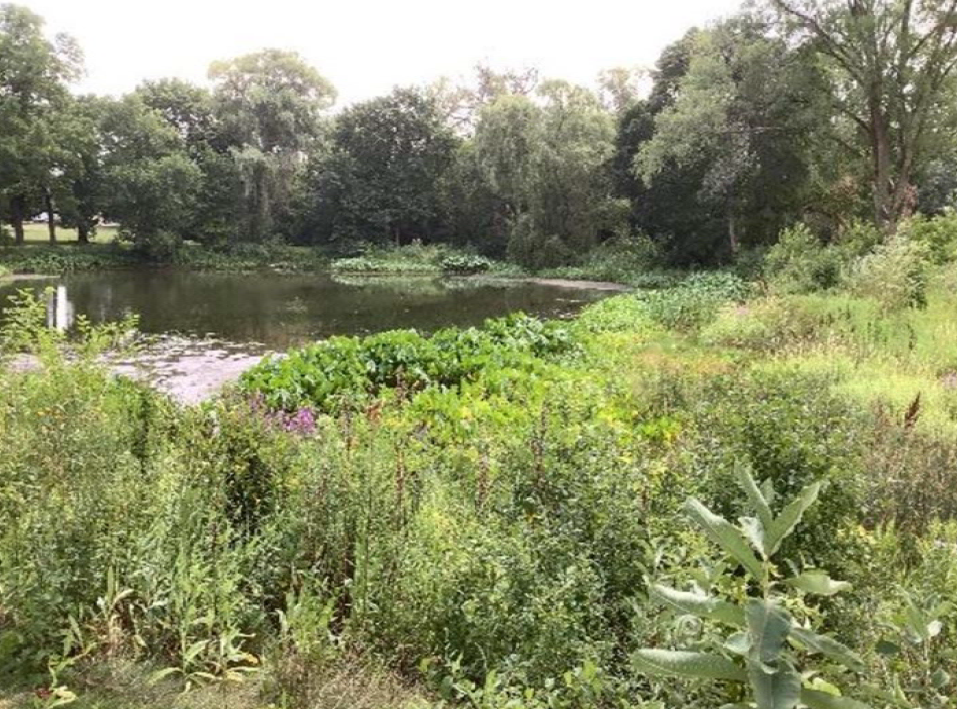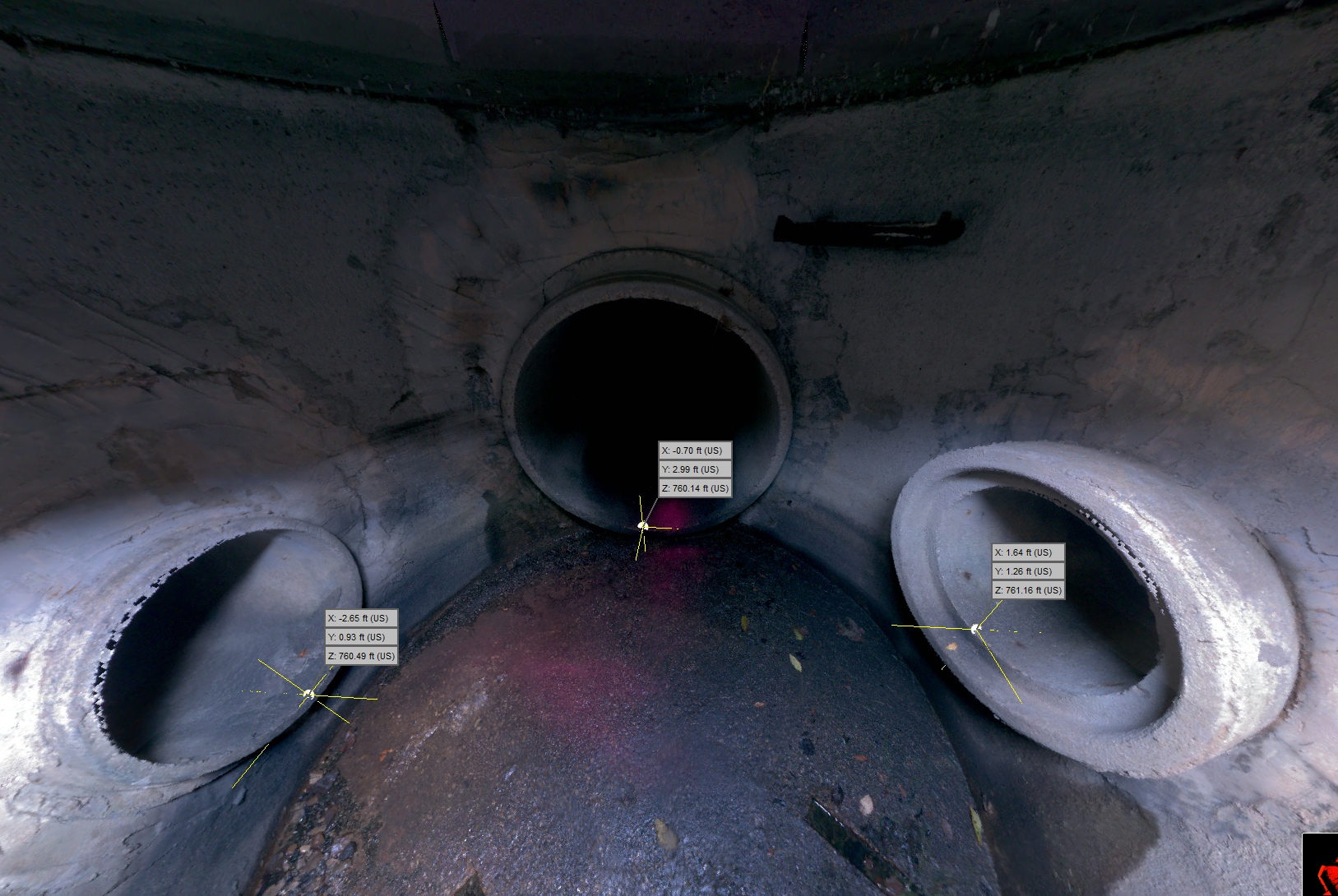Wastewater treatment facilities in Wisconsin fall under stringent requirements for how much phosphorus they can discharge to surface waters. These requirements improve water quality because lowering the amount of phosphorus reduces algal blooms. The public benefits include reduced health risks, increased property values, improved health of aquatic organisms, and increased recreational uses of streams, rivers, and lakes through fishing, boating, and swimming.
Image courtesy of Wisconsin Department of Natural Resources
If a treatment facility needs to make process improvements to comply with these requirements, though, these improvements can have significant capital and long-term operation and maintenance costs. To provide a potentially less costly alternative, the legislature authorized several other alternatives that do not involve a treatment facility upgrade. One of these alternatives is Water Quality Trading. This program allows municipalities to purchase credits from agricultural producers who are willing to implement new practices to reduce runoff that contains phosphorus in lieu of process improvements at a treatment facility. However, municipalities and farmers didn’t have an easy way to connect and make these trades – until this spring.
Thanks to a bipartisan effort in the state legislature, Wisconsin’s Department of Administration recently hired a team led by Resource Environmental Solutions (RES) and including Ruekert & Mielke, Inc. to create an online trading clearinghouse. This site offers a single place for all sellers and buyers to find and make transactions. This clearinghouse simplifies the process for all involved, especially for wastewater treatment facilities searching for farmers who can help them comply with their requirements.
The marketplace offers water quality trading opportunities for total suspended solids (TSS) as well, another regulated pollutant.
R/M can help!
For more information on the clearinghouse, please contact an expert at R/M today.

















